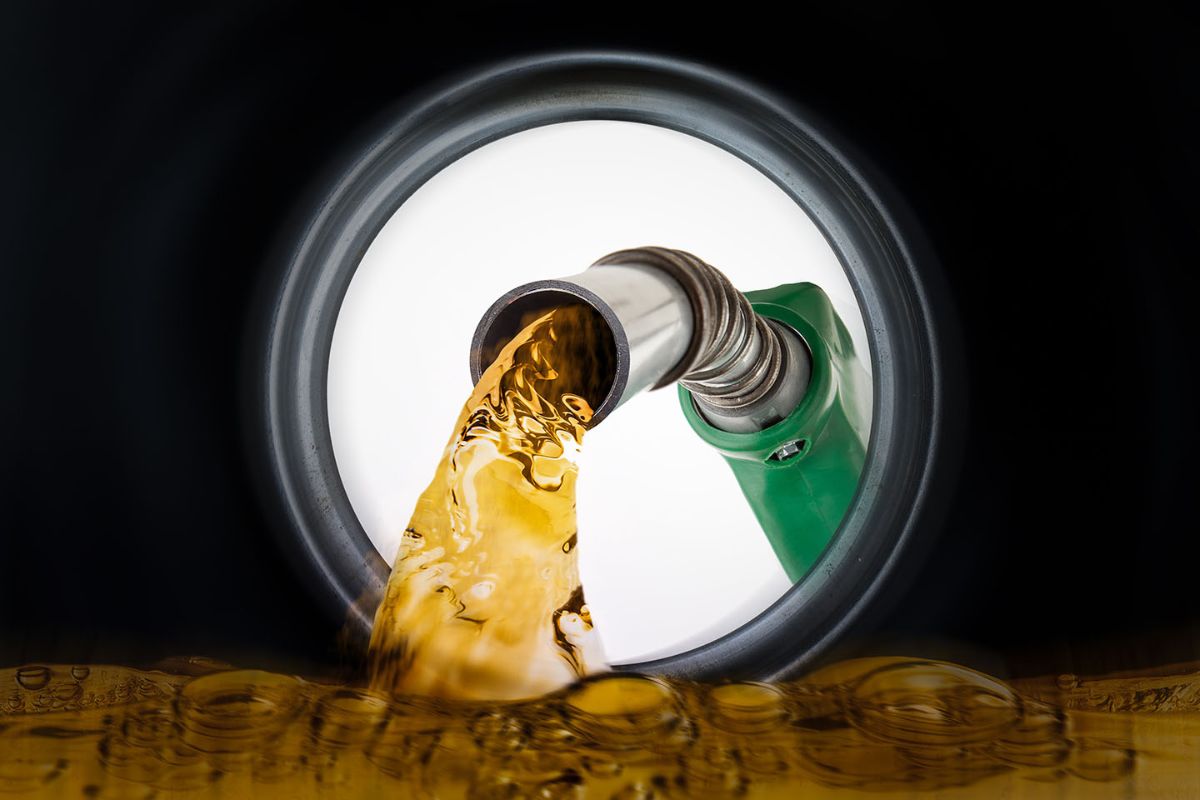
Diesel engines power many of the vehicles and machines we rely on daily. From trucks to generators, these engines are known for their durability and efficiency. But what makes them tick? Diesel engines operate differently from gasoline engines, using compression to ignite fuel rather than spark plugs. This results in better fuel economy and more torque. However, they also produce more nitrogen oxides and particulates, which has led to advancements in emission control technologies. Understanding the mechanics and environmental impact of diesel engines can help us appreciate their role in modern society and the ongoing efforts to make them cleaner and more efficient.
Diesel Engines: A Powerhouse of Efficiency
Diesel engines have been around for over a century, powering everything from trucks to ships. They are known for their efficiency and durability. Here are some fascinating facts about diesel engines.
-
Invented by Rudolf Diesel: The diesel engine was invented by Rudolf Diesel in 1892. He aimed to create an engine that was more efficient than the steam engines of his time.
-
Higher Efficiency: Diesel engines are more efficient than gasoline engines. They convert more of the fuel's energy into mechanical energy, which means better fuel economy.
-
Compression Ignition: Unlike gasoline engines, diesel engines use compression ignition. The air is compressed to a high temperature, and fuel is injected into the hot air, causing it to ignite.
-
Durability: Diesel engines are built to withstand higher pressures and temperatures, making them more durable and longer-lasting than gasoline engines.
-
Torque: Diesel engines produce more torque at lower RPMs compared to gasoline engines. This makes them ideal for heavy-duty applications like trucks and construction equipment.
Environmental Impact of Diesel Engines
Diesel engines have a significant impact on the environment, both positive and negative. Understanding these impacts can help us make better choices for the future.
-
Lower CO2 Emissions: Diesel engines emit less carbon dioxide (CO2) per mile than gasoline engines, which helps reduce greenhouse gas emissions.
-
Particulate Matter: Diesel engines produce more particulate matter (PM) than gasoline engines. These tiny particles can harm human health and contribute to air pollution.
-
Nitrogen Oxides (NOx): Diesel engines emit higher levels of nitrogen oxides, which can lead to smog and respiratory problems.
-
Bio-Diesel: Bio-diesel is a renewable alternative to traditional diesel fuel. It can be made from vegetable oils, animal fats, or recycled cooking grease and produces fewer emissions.
-
Diesel Particulate Filters (DPF): Modern diesel engines are equipped with DPFs to reduce particulate emissions. These filters trap soot and other particles, preventing them from being released into the atmosphere.
Diesel Engines in Different Industries
Diesel engines are used in various industries due to their reliability and efficiency. Let's explore some of these applications.
-
Transportation: Diesel engines power a large percentage of trucks, buses, and trains. Their efficiency and torque make them ideal for long-distance travel and heavy loads.
-
Marine: Ships and submarines often use diesel engines because of their durability and ability to run for long periods without refueling.
-
Agriculture: Tractors and other agricultural machinery commonly use diesel engines. Their high torque and efficiency make them perfect for heavy-duty tasks like plowing and harvesting.
-
Construction: Diesel engines are widely used in construction equipment such as bulldozers, excavators, and cranes. Their power and reliability are essential for demanding construction projects.
-
Power Generation: Diesel generators provide backup power for hospitals, data centers, and other critical infrastructure. They can start quickly and run for extended periods, ensuring a reliable power supply.
Technological Advancements in Diesel Engines
Diesel engines have evolved significantly since their invention. Technological advancements have made them more efficient, cleaner, and more powerful.
-
Turbocharging: Turbochargers increase the efficiency and power output of diesel engines by forcing more air into the combustion chamber. This allows for more fuel to be burned, producing more power.
-
Common Rail Injection: This technology allows for precise control of fuel injection, improving efficiency and reducing emissions. It has become standard in modern diesel engines.
-
Selective Catalytic Reduction (SCR): SCR systems reduce NOx emissions by injecting a urea-based solution into the exhaust stream. This technology helps diesel engines meet stringent emissions standards.
-
Variable Geometry Turbochargers (VGT): VGTs adjust the flow of exhaust gases to optimize turbocharger performance at different engine speeds. This improves efficiency and reduces turbo lag.
-
Hybrid Diesel Engines: Combining diesel engines with electric motors creates hybrid systems that offer the best of both worlds. These engines provide excellent fuel economy and lower emissions while maintaining the power and torque of traditional diesel engines.
Diesel Engines: The Powerhouses of Modern Machinery
Diesel engines have revolutionized transportation and industry. From their invention by Rudolf Diesel to their widespread use in trucks, ships, and generators, these engines are known for efficiency and durability. They offer better fuel economy compared to gasoline engines, making them a popular choice for heavy-duty applications. Despite concerns about emissions, advancements in technology have made modern diesel engines cleaner and more environmentally friendly.
Understanding the history, functionality, and impact of diesel engines helps us appreciate their role in our daily lives. Whether powering a freight train or a backup generator, diesel engines are indispensable. Their ability to deliver high torque at low speeds makes them ideal for tasks requiring substantial power. As technology continues to evolve, diesel engines will likely remain a cornerstone of industrial and transportation sectors.
Was this page helpful?
Our commitment to delivering trustworthy and engaging content is at the heart of what we do. Each fact on our site is contributed by real users like you, bringing a wealth of diverse insights and information. To ensure the highest standards of accuracy and reliability, our dedicated editors meticulously review each submission. This process guarantees that the facts we share are not only fascinating but also credible. Trust in our commitment to quality and authenticity as you explore and learn with us.
